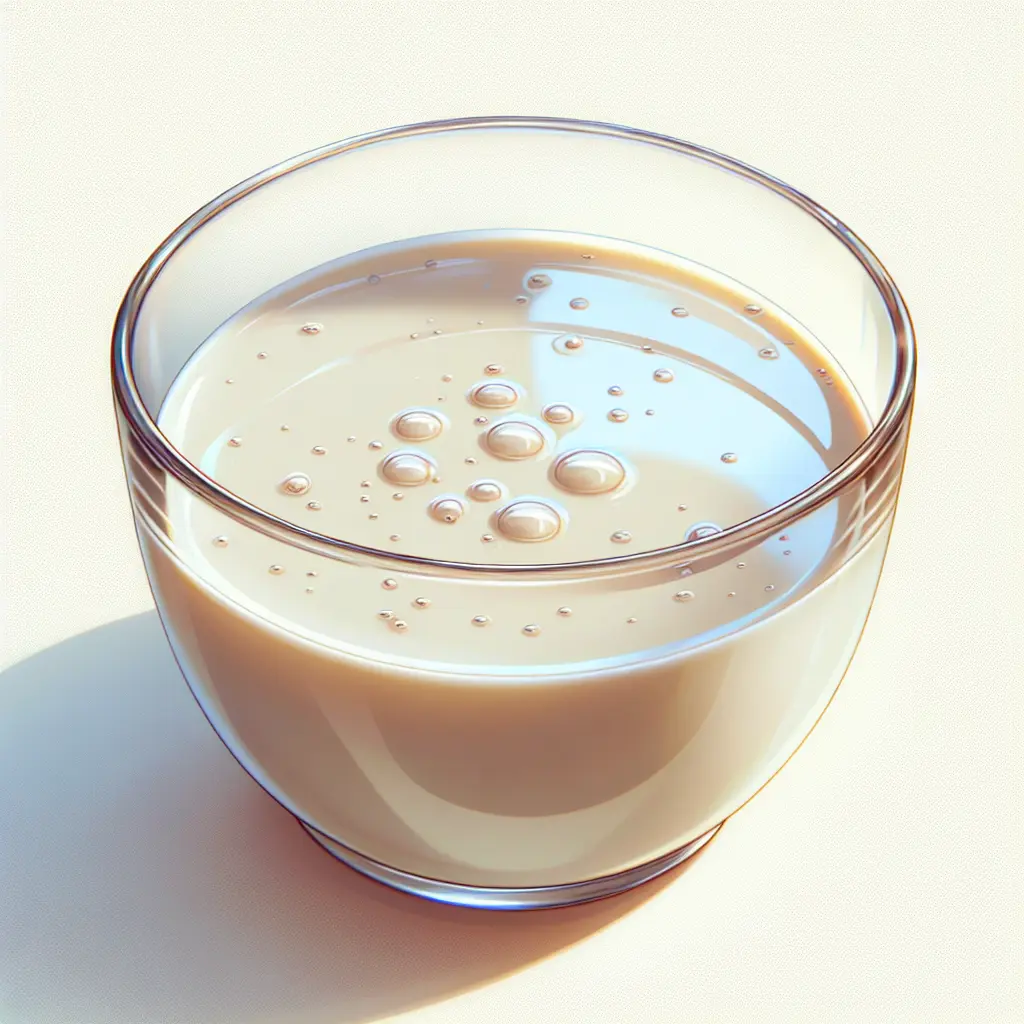Soya: A Versatile and Nutritious Legume
Soya, also known as soybeans, is a highly versatile and nutrient-rich legume that has been a staple food in many cultures for centuries. It is a valuable plant-based source of protein, fiber, and essential vitamins and minerals. Due to its nutritional profile and various health benefits, soya gains increasing popularity worldwide.
Nutritional Value and Health Benefits
Soya contains an impressive array of nutrients, including:
- Protein: Soya is exceptionally high in protein, containing about 31 grams per cup. It is a complete protein, meaning it provides all nine essential amino acids that the body cannot produce on its own.
- Fiber: Soya is a good source of fiber, with about 10 grams per cup. Fiber helps promote satiety, supports digestive health, and lowers cholesterol levels.
- Essential fats: Soya contains both polyunsaturated and monounsaturated fats, which are beneficial for heart health.
- Vitamins and minerals: Soya is a good source of vitamins and minerals, including iron, calcium, zinc, and B vitamins.
In addition to its nutritional value, soya has been linked to several health benefits, such as:
- Improved heart health: The polyunsaturated and monounsaturated fats in soya help reduce LDL (bad) cholesterol levels and increase HDL (good) cholesterol levels, which can lower the risk of heart disease.
- Reduced cancer risk: Some studies suggest that soya may help reduce the risk of certain types of cancer, including breast and prostate cancer.
- Improved bone health: The calcium and isoflavones in soya may help promote bone health and reduce the risk of osteoporosis.
Versatile Culinary Uses
Soya is a versatile legume that can be used in a variety of culinary preparations. It is commonly found in Asian cuisine, but its popularity has spread globally. Some common uses of soya include:
- Edamame: Fresh, immature soya beans boiled in their pods and served with salt.
- Tofu: A soft, white cheese made by curdling soya milk.
- Tempeh: A fermented soya product with a nutty flavor and chewy texture.
- Soya sauce: A fermented liquid condiment made from soya beans, wheat, and salt.
- Soya milk: A plant-based milk made from soya beans. It is a popular alternative to cow's milk for those with lactose intolerance or vegan diets.
Conclusion
Soya is a nutritious and versatile legume that offers a wide range of health benefits. Its high protein, fiber, and essential nutrient content make it a valuable addition to a balanced diet. Whether you enjoy it in the form of edamame, tofu, tempeh, soya sauce, or soya milk, incorporating soya into your meals can support your overall well-being.
How many calories are in Soya?
Each 1 cup of Soya contains 296 calories.
Soya Nutritional Information
| Nutrient | Amount per 1 cup (172g) |
|---|---|
| Calories | 296 Calories |
| Protein | 31g |
| Fat | 15g |
| Saturated Fat | 2.2g |
| Cholesterol | 0mg |
| Carbohydrates | 14g |
| Dietary Fiber | 10g |
| Sugar | 5.2g |
| Sodium | 0.0017mg |
| Potassium | 0.8858mg |
| Calcium | 0.175mg |
| Iron | 0.0088mg |
